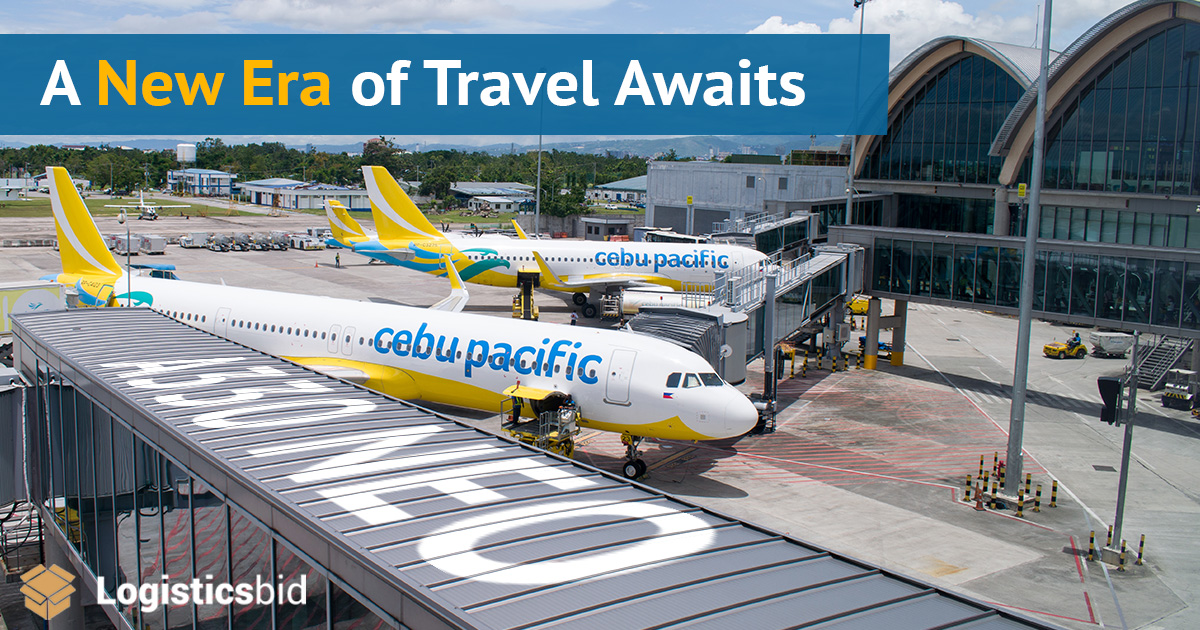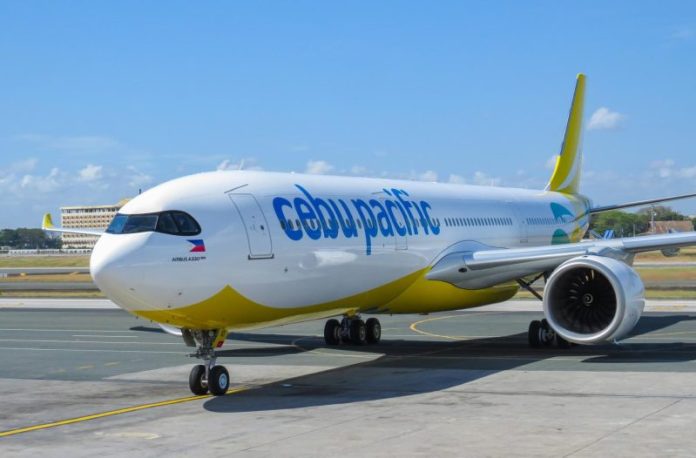
Cebu Pacific, the renowned low-cost carrier owned by the Gokongwei family, has proudly welcomed its first Airbus A330neo of 2025 at Ninoy Aquino International Airport (NAIA) on March 28. This significant acquisition is the onset of a strategic expansion, setting the stage for seven new aircraft set to join the fleet by year-end, reinforcing Cebu Pacific’s commitment to affordable and sustainable air travel.
Enhanced Operational Resilience of Cebu Pacific
The arrival of the A330neo is a testament to Cebu Pacific’s initiative to bolster its operational capacity, thereby supporting increased passenger service without compromising on low-cost flight fares. Xander Lao, Cebu Pacific’s President and Chief Commercial Officer, emphasized the airline’s enthusiasm about enriching its fleet, stating that the additional aircraft will serve to bring “dream destinations closer to every Juan,” a colloquial expression symbolizing connection with every Filipino.
Advantages Offered by the Airbus A330neo
The Airbus A330neo is equipped with advanced features that significantly benefit Cebu Pacific’s operational efficiency:
- Long-haul and Regional Route Flexibility: This aircraft model provides Cebu Pacific with the versatility needed to adapt its operations across an extensive network of both long-haul and regional routes, broadening its international and domestic reach.
- Fuel Efficiency and Lower Emissions: As per Airbus, the A330neo boasts a remarkable 15% reduction in fuel consumption per flight when compared to its predecessors, aligning with global sustainability objectives by minimizing carbon emissions.
- Noise Reduction: The technological advancements of the A330neo include significant noise reduction capabilities, supporting Cebu Pacific’s environmental sustainability goals while enhancing passenger comfort.
Continued Fleet Expansion
Cebu Pacific’s comprehensive fleet strategy includes the integration of a wide array of aircraft to maintain leadership in the Philippines’ aviation sector. The current fleet encompasses various models like the Airbus A330, A320, A321, and ATR turboprops, totaling approximately 91 aircraft. This diversified fleet is essential in ensuring extensive domestic and international connectivity, being a cornerstone of Cebu Pacific’s operational blueprint.
Strategic Fleet Planning
The expansion reflects Cebu Pacific’s dedication to continual growth while adhering to environmentally friendly practices. According to a [FlightGlobal report], the airline’s commitment to expanding with eco-efficient aircraft places it among the leading innovators in sustainable aviation within the region.
A New Era for Philippine Aviation
The integration of the A330neo marks a crucial milestone in Cebu Pacific’s fleet expansion, reinforcing its capability to provide economical yet sustainable air travel. With a focus on enhancing passenger experiences and operational efficiencies, Cebu Pacific is poised to meet the evolving demands of the travel industry. As the airline progresses with its expansion, passengers can anticipate more opportunities to explore global destinations with one of the most environmentally conscious carriers in Southeast Asia.
The delivery of Cebu Pacific’s first Airbus A330neo in 2025 not only marks a notable advancement for the airline but also highlights essential industry trends that resonate with leading logistics and transportation companies worldwide. As aviation and logistics industries are intricately connected, the strategies and innovations of logistics giants such as DHL, FedEx, and UPS offer valuable insights into the sustainable growth trajectory adopted by Cebu Pacific.
Sustainable Fleet Expansion: Lessons from Logistics Leaders
DHL’s Commitment to Green Logistics
 |
DHL, a global logistics leader, has consistently prioritized environmental sustainability in its operational strategy. The company’s “GoGreen” program is committed to reducing all logistics-related emissions to net-zero by 2050. Similar to Cebu Pacific’s focus on adopting fuel-efficient aircraft like the Airbus A330neo, DHL has invested heavily in alternative fuel vehicles and optimized route management to minimize carbon footprints.
- Fuel Efficiency Initiatives: DHL’s use of electric delivery vans and innovative route optimization software mirrors Cebu Pacific’s efforts to cut fuel consumption by 15% with the A330neo, showcasing a cross-industry commitment to sustainable practices.
FedEx’s Integration of Efficient Technologies
 |
FedEx has integrated advanced technologies to streamline logistics while enhancing sustainability. Its “Fuel Sense” initiative emphasizes fuel efficiency and emissions reduction across its fleet through strategic integration of energy-efficient vehicles and aircraft.
Technological Adaptation: Similar to FedEx’s approach, Cebu Pacific’s adoption of the technologically superior A330neo signifies strategic planning to improve operational efficiency and reduce environmental impact, setting a precedent for airline sustainability that parallels practices in the logistics realm.
UPS
 |
UPS is renowned for its robust logistics network and its incremental efforts toward cleaner transportation. By investing in alternative fuel technology and sustainable infrastructure, UPS has increased efficiency while decarbonizing its network.
Network Optimization: Just as UPS employs expansive network planning for sustainable growth, Cebu Pacific is proactively broadening its fleet with efficient aircraft like the A330neo to enhance network coverage, both domestically and internationally, while maintaining a focus on eco-friendly operations.
Transportify’s Adaptive Logistics Model
 |
Transportify stands out in the logistics space with its flexible, technology-driven delivery services that cater to modern demands. The company leverages real-time tracking and optimized route management to enhance operational efficiency while minimizing environmental impacts.
Real-Time Flexibility: Transportify’s mobile-based logistics platform and eco-conscious service model align with Cebu Pacific’s strategies, wherein both entities focus on innovative solutions to optimize resource utilization and support sustainability goals.
Integrating Best Practices for Aviation and Logistics
Both the aviation and logistics sectors are converging on sustainable practices as a means to ensure long-term viability and environmental responsibility. By embracing lessons from logistics leaders like DHL, FedEx, and UPS, Cebu Pacific, and similar airlines can continue to refine their strategies to mitigate environmental impact while achieving operational excellence.
Cebu Pacific‘s move to expand its fleet with the Airbus A330neo reflects an industry-wide shift towards more sustainable operations. By observing and integrating strategies from leading logistics companies, Cebu Pacific can further enhance its commitment to environmental stewardship. This alignment not only benefits the airline’s operational resilience and efficiency but also establishes a unified approach towards sustainable transportation across related sectors.

